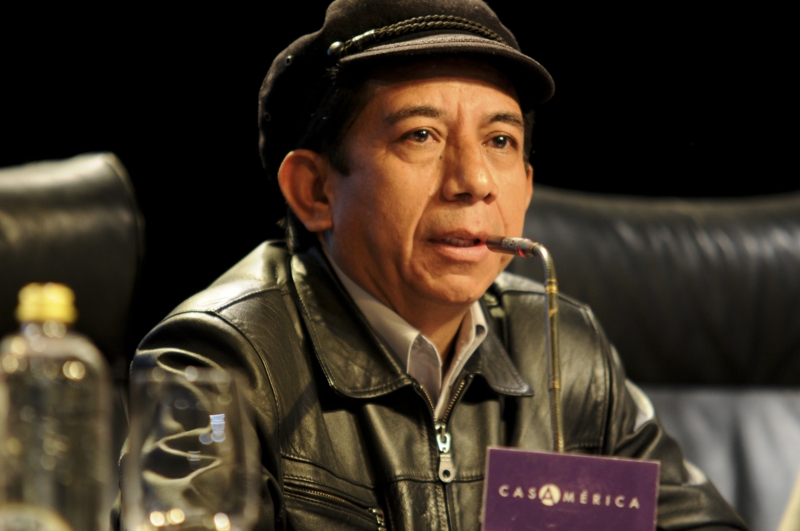Governments should not use “national security” to stifle dissent

 Activists around the world received the e-mail shortly after noon on Nov. 27. The subject line read, simply, “Oscar Olivera in Detention.”
Activists around the world received the e-mail shortly after noon on Nov. 27. The subject line read, simply, “Oscar Olivera in Detention.”
Oscar Olivera is a leader in the fight for affordable water in Bolivia and winner of the prestigious 2000 Goldman Environmental Prize.
I met Olivera last year as part of a global-justice delegation to Cochabamba, Bolivia’s third largest city. After dropping us off at the hotel, Olivera was quick to tell us, “Please keep your showers short. We are having a water crisis.”
The water crisis started in 1999 when — at the behest of the World Bank and the International Monetary Fund — Cochabamba turned its water systems over to a company owned primarily by an affiliate of the San Francisco-based Bechtel Corporation, one of the largest multinational corporations in the world.
Immediately after privatization, water rates increased, tripling for some of the poorest customers. In a country where the minimum wage is less than $60 per month, many users received water bills above $20 per month.
Because all water supplies were included in the privatization law, people who had generations earlier built family wells or water irrigation systems suddenly had to pay for the right to use their own water.
In response, Olivera, who is president of the Cochabamba Federation of Factory Workers, helped form La Coordinadora de Defensa del Agua y de la Vida — the Coalition in Defense of Water and Life. La Coordinadora held a public referendum on the water problem. The overwhelming response was to return the system to public control and overhaul the privatization legislation.
After months of protest, a declaration of martial law, the death of one protestor and the injury of hundreds of others at the hands of the army, the government granted the citizens’ demands.
Since then, Olivera and La Coordinadora have traveled the world to help explain the impact of corporate globalization on their lives, how to stop it and how to replace it with a superior model.
Unfortunately, Olivera and two other La Coordinadora spokespeople, Omar Fernandez and Samuel Soria, were arrested and charged with “sedition, conspiracy, instigating public disorder and criminal association.” Olivera was arrested on his way to work.
Immediately, thousands of e-mails, faxes and phone calls flooded the Bolivian government on Olivera and La Coordinadora’s behalf. Olivera was released from physical detention, but the charges against him, Fernandez and Soria have not been dropped.
This kind of harassment, which violates the most basic civil and political rights, is aimed at dividing peaceful opponents of government and discouraging the exercise of the right to association and expression.
Olivera’s story helps make clear that it is all too easy for a government to reject democracy in the name of “security.”
Olivera is a public figure known worldwide. How many others like him are there around the world? If we forget the importance of public opposition and protest in a democracy, how many more like him are there likely to be?
